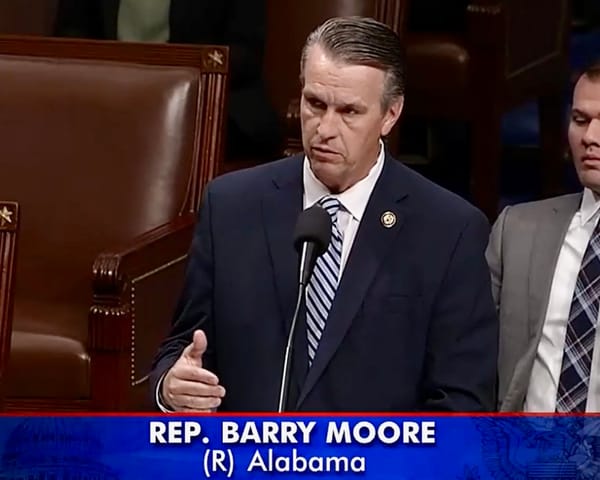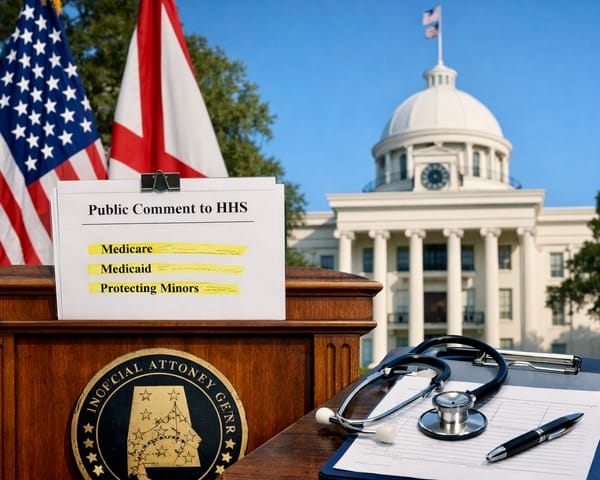Pesticide Shield in FY26 Interior‑Environment Bill Sparks Public Outcry
Sections 453 and 507 could pose significant risks to consumers if passed in their current form, health advocates say

The House Appropriations Committee on Tuesday approved the FY26 Interior‑Environment bill—with alarming provisions in Sections 453 and 507 that would shield pesticide makers from lawsuits, even when they fail to warn users of serious health risks.
If passed by the full House in its current form, the bill will bar courts from forcing pesticide companies to improve warning labels or face lawsuits—even if label changes are overdue (Section 453). It essentially freezes requirements at EPA-approved standards. It would also prevent the EPA from completing or enforcing scientific assessments—such as for PFAS contamination in sludge—further blocking regulatory updates (Section 507).
Taken together, these riders would block liability for more than 16,000 EPA‑registered pesticides, including glyphosate-based products like Roundup, which has been linked to cancer and other serious health issues.
Supporters argue the move reduces legal exposure similar to the PREP Act’s liability shield for vaccine makers during COVID‑19. Critics warn it amounts to a "Cancer Gag Act," muzzling judicial review even when warnings are spurned.
Rebecca Wolf of Food & Water Watch commented:
“Today’s despicable vote … gives Big Ag their cake and lets them eat it too—enabling pesticide corporations to profit off dangerous chemicals and preventing the public from being any the wiser about the risks to their own health.”
Just weeks ago, a Missouri appeals court upheld a $611 million verdict linking Roundup to non‑Hodgkin’s lymphoma—directly contradicting label assurances. Meanwhile, the 3rd Circuit has ruled federal pesticide law can override state label rules, limiting legal paths for injured users.
Pesticides are used across hundreds of millions of farmed acres in America. Blocking liability claims would likely reduce the incentive for companies to update warnings or withdraw harmful chemicals—pushing public health and environmental safety to the sidelines.
Groups including Beyond Pesticides, Robert F. Kennedy Jr.’s “Make American Health Again” initiative, Food & Water Watch, and National Health Freedom are urging constituents to press legislators to strip these sections before final passage.
If Congress grants this immunity, some warn, injured farmers, landscapers, and families may be left without recourse—even when serious harm occurs.
Public awareness is surging: the success in Missouri, advocacy campaigns from NRDC/Beyond Pesticides, and high-profile legal rulings are rallying voices around health freedom and accountability.
To contact your Representative, call the Congressional switchboard at 202-224-3121 or go to their individual web pages for contact information. To find your Congressman based on your zip code, go to THIS LINK.




